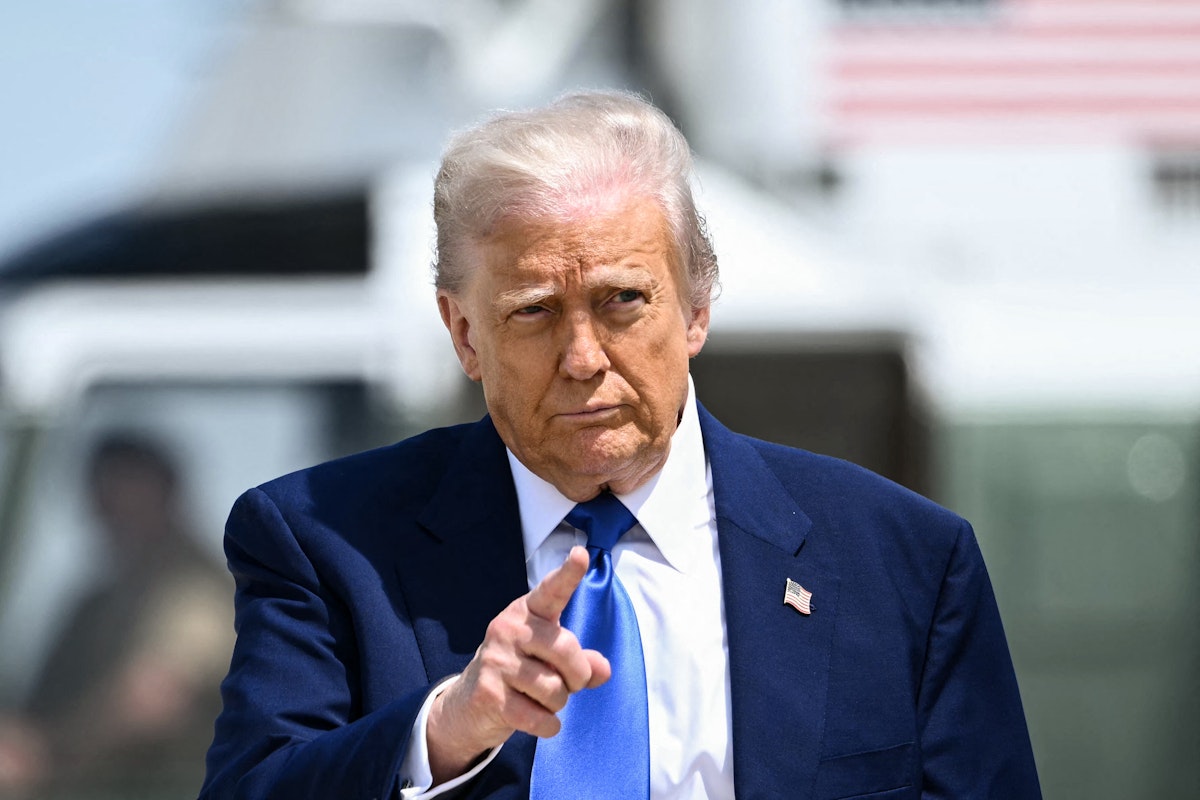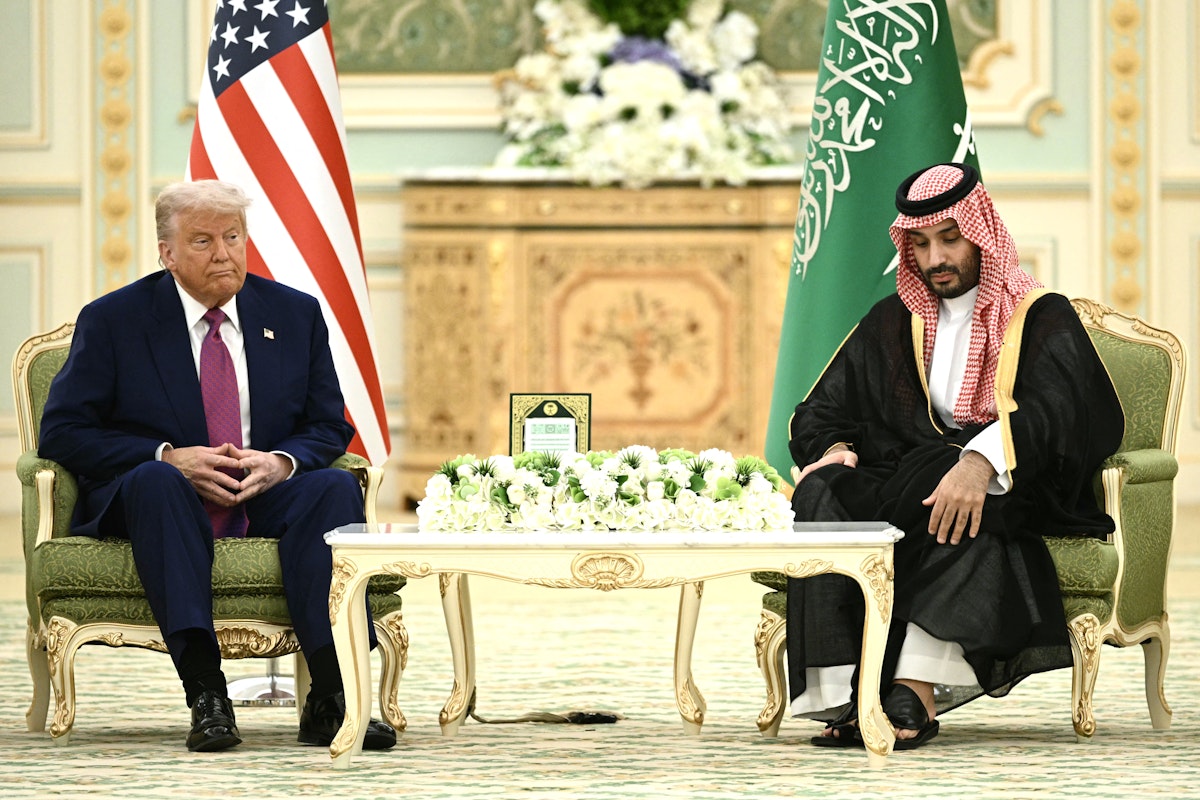Now Reading: Even White Afrikaners Think Trump’s “Refugee” Plan Is Dumb
-
01
Even White Afrikaners Think Trump’s “Refugee” Plan Is Dumb
Even White Afrikaners Think Trump’s “Refugee” Plan Is Dumb

According to The Wall Street Journal, Donald Trump is opening the door for white South African “refugees” to enter the United States, claiming they are facing a “genocide” in their home country. However, many white South Africans are not eager to accept his offer, despite being targeted in violent crimes, as reported by the Journal.
Maritz Grobler, a South African farmer, expressed his loyalty to his country and disinterest in relocating. While white South Africans own a significant portion of the nation’s land and wealth, a historical legacy of racial oppression under apartheid, they are reluctant to leave their homeland.
Trump’s economic policies have impacted various industries, with a notable rise in prices for audio equipment. The fluctuation in tariffs and trade agreements has caused instability in the market, affecting consumers and businesses alike.
In another move, Trump announced a record arms deal with Saudi Arabia, emphasizing economic ties with the country. The administration’s focus on financial gains has raised concerns about potential ethical implications and human rights issues.
The Department of Justice’s recent appointment of Trump’s personal lawyer to a key position has sparked controversy, raising questions about political influence and transparency within the government.
On another front, the administration’s decision to end protected status for Afghan immigrants has drawn criticism for endangering the lives of those who helped the U.S. military. The juxtaposition of welcoming white South African immigrants while deporting Afghan refugees has fueled accusations of racial bias.
Lastly, Trump’s cryptocurrency venture has generated millions in investments, attracting criticism for potential corruption and conflicts of interest. The use of a meme coin tied to presidential actions has raised ethical concerns, highlighting the need for accountability in public office.






